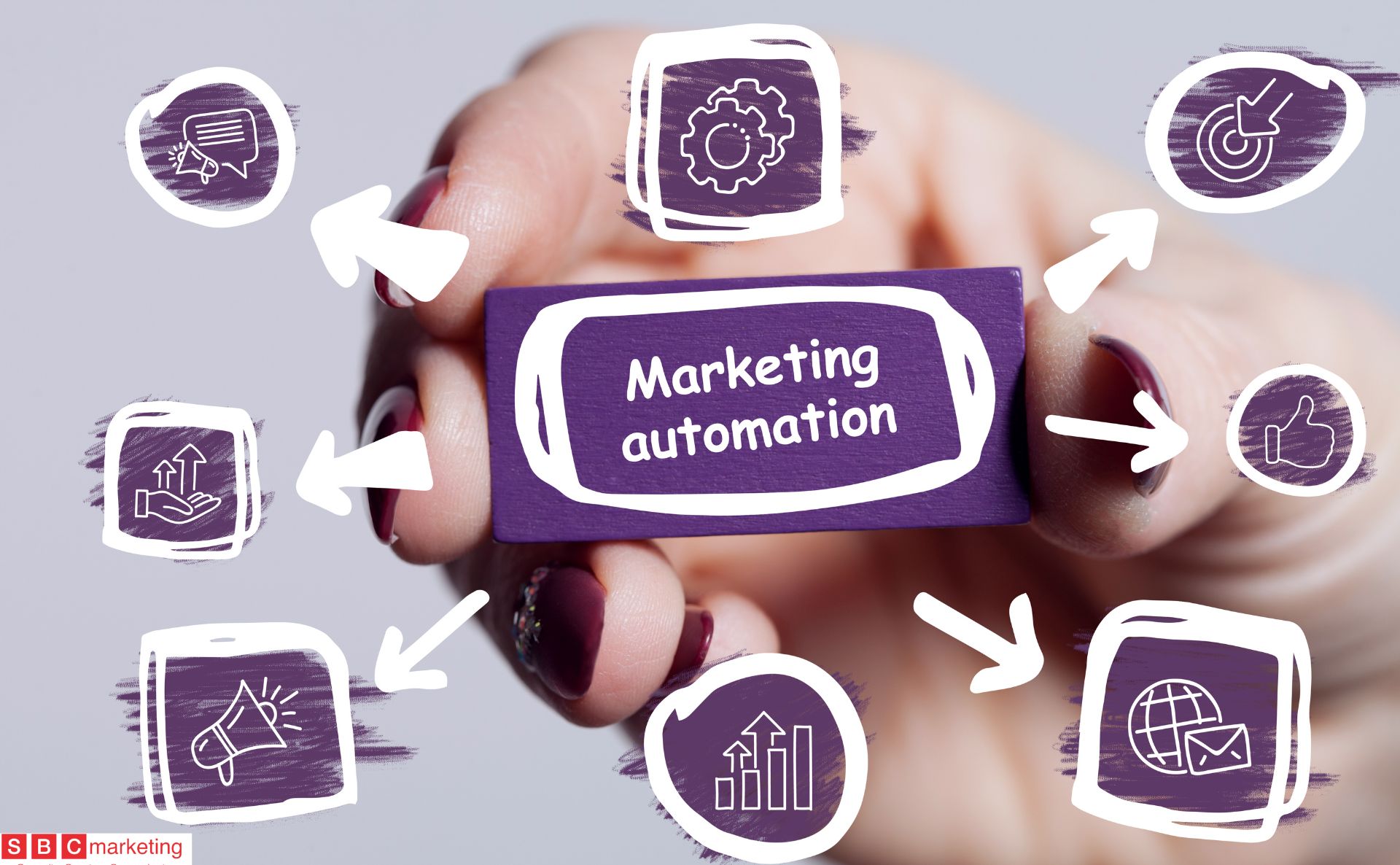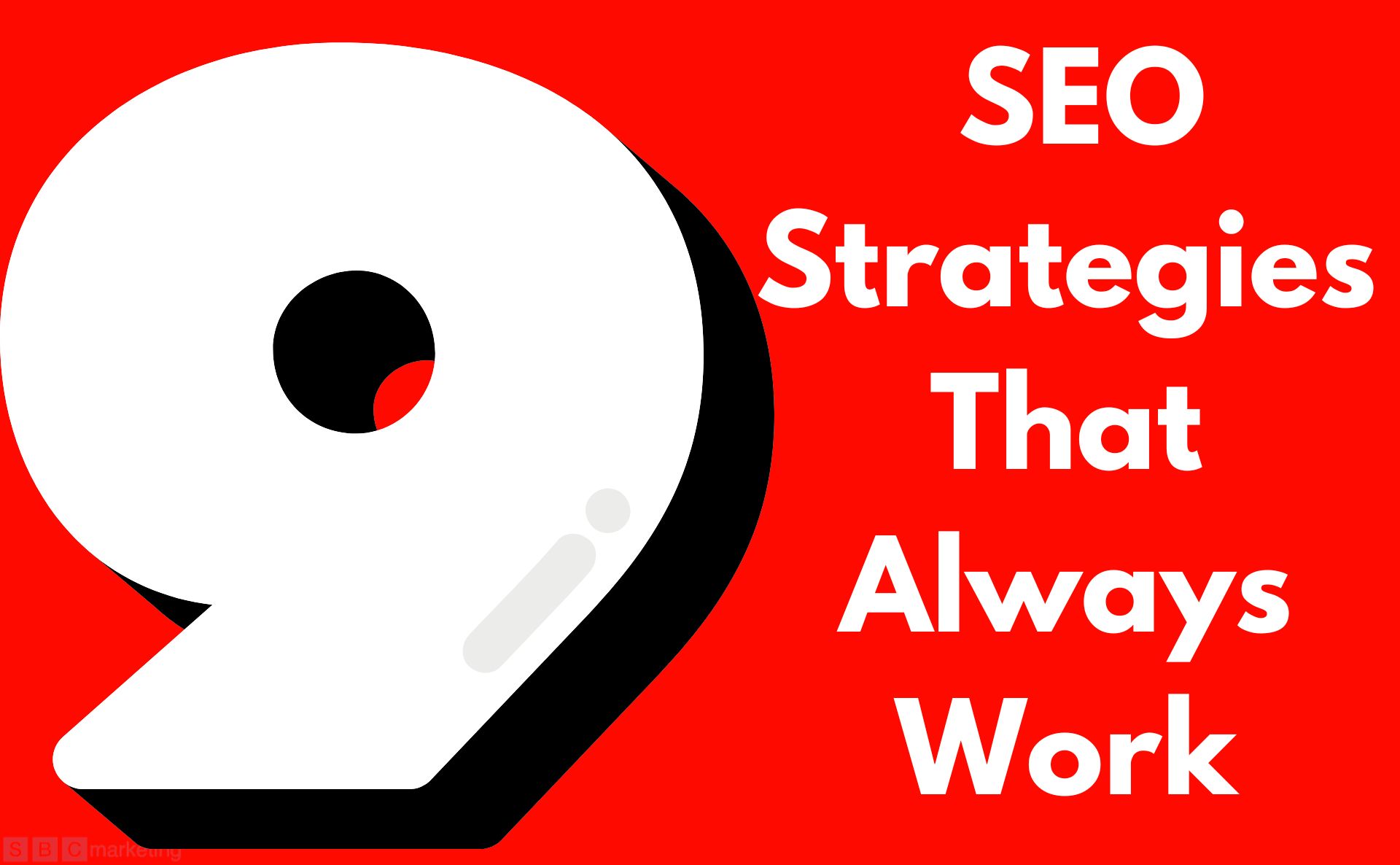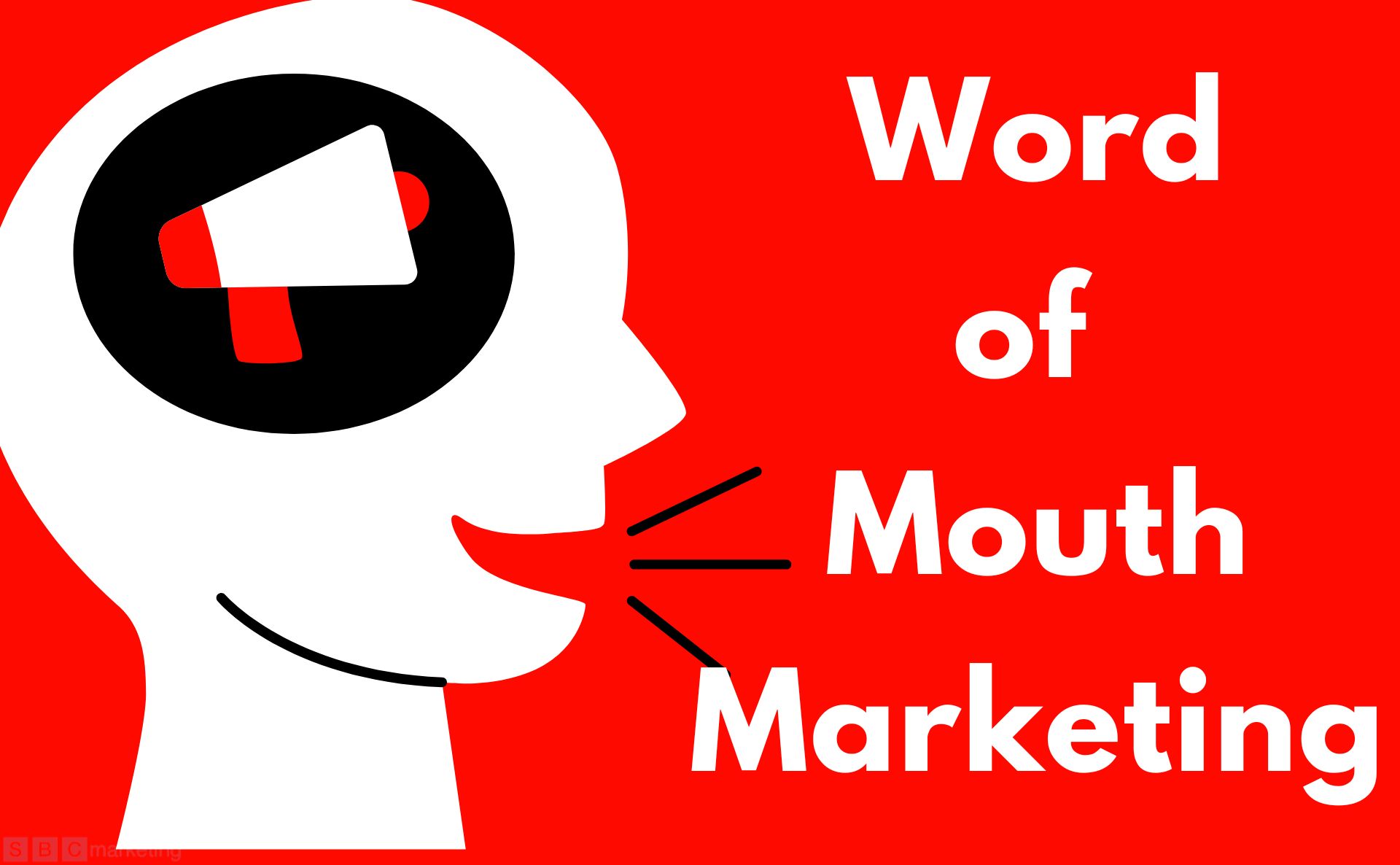Introduction
In today’s fast-paced digital landscape, businesses strive to maximise efficiency while scaling their operations. Marketing automation has emerged as a powerful tool to streamline processes, reduce manual workloads, and improve customer engagement. This article delves into the comprehensive world of marketing automation and how it can be harnessed to scale a business effectively.
How Can You Use Marketing Automation to Scale a Business?
Marketing automation refers to the use of software and technologies to automate repetitive marketing tasks, enabling businesses to target prospects and customers with personalised messages at the right time. Utilising marketing automation, companies can optimize their workflows, nurture leads, and drive conversions. Here are several ways to leverage marketing automation for business growth:
1. Lead Generation Automation
One of the primary objectives of the system is lead generation. By implementing lead capture forms and opt-in offers, businesses can collect valuable customer data, including email addresses and preferences. This data can be used to create targeted marketing campaigns, effectively nurturing leads and driving them further down the sales funnel.
2. Email Marketing Automation
Email marketing remains a highly effective channel for engaging with potential customers. With automation, businesses can set up drip campaigns that automatically send personalized emails based on specific triggers, such as user behavior or time intervals. This approach fosters meaningful interactions with leads, fostering trust and loyalty.
3. Social Media Automation
Maintaining a consistent presence on social media is crucial for brand visibility and audience engagement. These tools allow businesses to schedule posts in advance, curate content, and respond to customer inquiries promptly. This enables efficient social media management while leaving room for real-time interactions.
4. Personalization at Scale
Personalization is a cornerstone of successful marketing campaigns. With automation, businesses can segment their audience based on demographics, behavior, and preferences. This allows for targeted and relevant messaging, significantly improving the chances of conversion and brand loyalty.
5. Customer Journey Mapping
Understanding the customer journey is crucial for crafting effective marketing strategies. These tools facilitate the mapping of customer touchpoints, providing valuable insights into the entire buying process. This information helps businesses optimize their marketing efforts and identify areas for improvement.
6. Abandoned Cart Recovery
Abandoned carts are a common occurrence in e-commerce. Marketing automation can be used to send targeted emails to customers who leave items in their carts without completing the purchase. This personalized approach can entice customers to return and finalize their transactions, thereby increasing conversion rates.
7. Automated Analytics and Reporting
To measure the success of marketing campaigns, businesses need comprehensive analytics and reporting. These tools can automatically track key performance indicators (KPIs) and generate detailed reports. This data-driven approach enables data-backed decision-making for future marketing strategies.
8. Lead Scoring and Qualification
Not all leads are created equal, and businesses need to focus their efforts on the most promising prospects. These allows for lead scoring, wherein leads are assigned points based on their interactions and engagement with the brand. Sales teams can then prioritize leads for more effective follow-up and nurturing.
9. Automating Customer Support
Exceptional customer service is paramount for business success. Automation can be employed to deploy chatbots for basic customer inquiries and automate ticket management, ensuring quick and efficient resolution of customer issues.
10. Cross-Selling and Upselling
Marketing automation can facilitate cross-selling and upselling strategies. By analyzing customer behavior and purchase history, businesses can offer personalized product recommendations and exclusive deals, thereby increasing the customer’s lifetime value.
11. Event Marketing Automation
Hosting webinars and events can be time-consuming, but automation can streamline the process. With automation tools, businesses can manage event registrations, send reminders, and conduct post-event follow-up campaigns, maximising the event’s impact.
12. A/B Testing and Optimization
Marketing automation allows for efficient A/B testing of various marketing elements, such as subject lines, call-to-action buttons, and landing page designs. Through iterative testing and optimization, businesses can continuously improve their marketing performance.
13. Integrating CRM and Marketing Automation
To harness the full potential of the system, integrating it with a Customer Relationship Management (CRM) system is essential. This ensures a holistic view of customer data and facilitates seamless communication between marketing and sales teams.
14. Workflow Automation
This enables businesses to automate internal workflows and tasks, reducing manual efforts and increasing overall efficiency. This includes lead assignment, content approval processes, and more.
15. Nurturing Long-Term Customer Relationships
This is not just about acquiring new customers; it’s also about nurturing long-term relationships with existing ones. By automating personalized communication and offering exclusive loyalty programs, businesses can enhance customer retention and advocacy.
16. Mobile Marketing Automation
With the growing prominence of mobile devices, mobile marketing automation has become essential. Businesses can engage users with push notifications, SMS campaigns, and in-app messages, fostering a strong mobile presence.
17. Geo-Targeted Marketing
For businesses with a physical presence or those targeting specific regions, geo-targeted marketing is highly effective. The tools enable businesses to deliver location-based offers and promotions, catering to the unique needs of local audiences.
18. Integrating Personalisation and Privacy
While personalisation is powerful, businesses must also prioritise data privacy and transparency. With marketing automation, they can strike the right balance by obtaining user consent and complying with data protection regulations.
19. Scaling Social Media Presence
As businesses expand, managing social media becomes more complex. Automation can help scale social media presence by scheduling content in advance and engaging with the growing community.
20. Automated Lead Nurturing Workflows
Lead nurturing is a critical process in the buyer’s journey, and the system simplifies it. Automated lead nurturing workflows involve creating drip campaigns with personalized content that caters to different segments of leads. By nurturing leads with relevant information and offers, businesses can build trust and increase the likelihood of conversion.
21. Seamless Sales and Marketing Alignment
To achieve maximum effectiveness, marketing automation should align seamlessly with the sales team’s efforts. Through closed-loop reporting and lead handoff, the marketing team can provide valuable insights to the sales team, ensuring a smoother conversion process.
22. Automated Surveys and Feedback
Understanding customer sentiments is vital for business growth.This can be employed to send automated surveys and feedback requests, providing valuable insights to improve products and services continually.
23. Time Zone Optimisation
For businesses targeting a global audience, time zone optimisation is essential. Automation tools can help schedule marketing campaigns and emails to align with the target audience’s local time, maximising the impact of the communication.
24. Behavior-Based Triggers
Behavior-based triggers are powerful tools in marketing automation. By analyzing user interactions and behaviors, businesses can deploy trigger-based marketing, sending targeted messages when specific actions or events occur.
25. Dynamic Content Personalisation
Dynamic content personalization allows businesses to tailor their website content, emails, and other marketing assets based on the user’s behavior and preferences. This level of personalisation enhances the user experience and drives engagement.
How Can You Use Marketing Automation to Scale a Business? – FAQs
FAQ 1: What Are the Key Benefits of Marketing Automation for Business Scaling?
It offers numerous benefits for business scaling, including:
- Increased efficiency and productivity by automating repetitive tasks.
- Improved lead generation and nurturing, leading to higher conversions.
- Enhanced customer engagement through personalized messaging.
- Streamlined communication between marketing and sales teams.
- Data-driven decision-making for better marketing strategies.
FAQ 2: How Can I Choose the Right Marketing Automation Tools for My Business?
When selecting the tools, consider the following factors:
- Your specific business needs and goals.
- Integration capabilities with your existing systems (e.g., CRM).
- User-friendliness and ease of implementation.
- Scalability to accommodate future business growth.
- Customer support and training resources.
FAQ 3: Is Marketing Automation Suitable for Small Businesses?
Yes, marketing automation is beneficial for small businesses as well. It helps them optimise resources, nurture leads, and compete with larger enterprises. Start with basic features and gradually expand as your business grows.
FAQ 4: Can Marketing Automation Replace Human Interaction?
While marketing automation streamlines processes, it cannot replace human interaction entirely. Personalised human touch remains crucial for building trust and loyalty with customers. This should complement, not replace, human efforts.
FAQ 5: How Can I Measure the Success of Marketing Automation?
Key performance indicators (KPIs) such as conversion rates, lead generation metrics, and customer retention can measure marketing automation success. Analyze the data regularly to make data-driven improvements to your campaigns.
FAQ 6: Is Marketing Automation Expensive?
The cost of marketing automation tools varies depending on the features and the size of your business. However, consider it an investment in efficiency and growth. Many tools offer tiered pricing, making it accessible for businesses of all sizes.
Conclusion
Embracing marketing automation is no longer a luxury but a necessity for businesses looking to scale effectively. From lead generation and nurturing to personalized customer interactions, the enhances productivity, drives engagement, and ultimately leads to business growth. By adopting the right strategies and tools, businesses can harness the power of automation to stay competitive in today’s dynamic marketplace.










